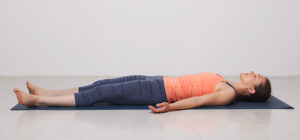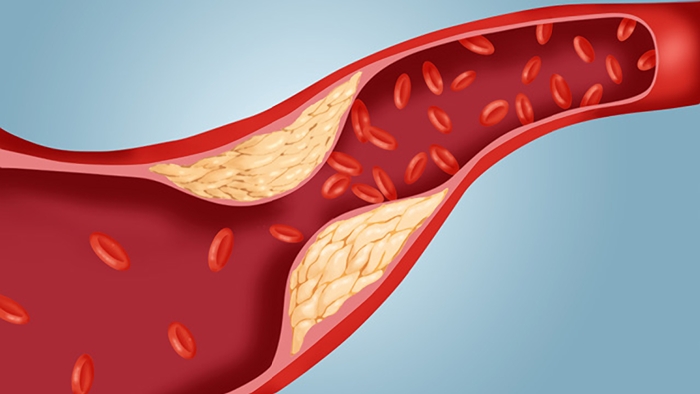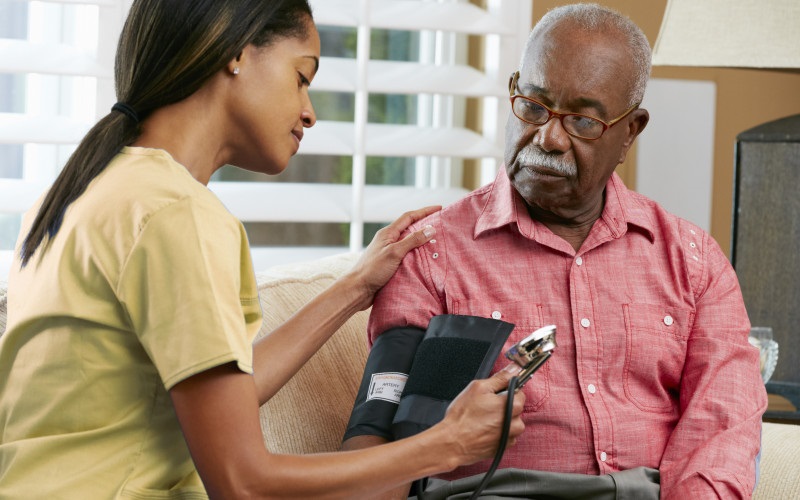14 Tips to Reduce Stress & Improve Your Life!
Tips to Reduce Stress & Improve Your Life!
Stress is not something new. Even though the word was only recently defined by endocrinologist Hans Selye in 1936, as “the nonspecific response of the body to any demand made upon it,” stress has been around for as long as we humans have been around.
Selye also coined the term stressors to define any causative agent or demand.
For most people stress equals stressors, which can be:
- physical or environmental factors, including pollution, radiation from computers or the weather
- biological factors, such as age, gender, genetics, illness or pain
- sociological factors, including life events such as birth, marriage, work, death, loss
- psychological factors, such as our thoughts and negative emotions. This includes anger, fear, anxiety and frustration1
Driving in rush-hour traffic day after day, working for an-uptight, micro-managing boss, taking care of an ailing parent, and dealing with an unhappy relationship are chronic stressors that can zap your vitality and spirit. Not to mention dealing with the current worries of the pandemic, economy, environment and political divide.
Stress may be physical, emotional or psychological or chronic. No matter what type of stress you experience, unrelieved daily stress can trigger chemical changes that contribute to a variety of illnesses—and may even shorten your life. Whether you’re dealing with the loss of your job, caring for an ill family member, or helping your child focus on virtual school, you can reduce your stress levels. Below, you can learn about tips to reduce stress and devise a plan that works for you!
14 Stress Busters That Can Help Improve Your Life
We’ve all had those days where you feel like you want to run and hide from the stress and strain of daily life. These tips might just make a difference in whether you sail through the day with ease … or end up with a headache.
1. Adjust your attitude.
When you wake up, before you even get out of bed, put on a happy face. Listen to the birds, or the rain tapping on your window-pane. Take a deep breath and decide right then and there that you’re going to have a good day. Be thankful for what you have now and don’t dwell on the past or future.
2. Eat a protein breakfast for energy (and so you won’t get hungry mid-morning).
Also, take a multivitamin with an excellent vitamin B profile for overall health and stress protection. Try to reduce the high carb junk food and sugary treats in your cupboard. If you like chips, try switching over to home-made popcorn. If you like to bake, substitute a healthier sugar such as coconut or monk sugar for unrefined sugar.
3. Take regular breaks at work.
Do neck and shoulder rolls every hour.
4. Drink at least 8 glasses of water every day.
The average person sweats and/or urinates approximately 2.5 quarts of water every day, so you must replace those 2.5 quarts of water every day. Water flushes toxins out of your body and keeps you hydrated—essential to clear thinking!
5. Exercise!
Besides increasing your energy, it normalizes levels of cortisol (the stress hormone), insulin, blood glucose, growth hormone (and others), and puts more oxygen into your brain.
6. Learn to meditate.
Meditation has been used all over the world for thousands of years. Based on scientific research published in the American Heart Association Journal Stroke (March 3, 2000), we know that Transcendental Meditation (TM) not only reduces stress, but it also supports heart health and normal blood pressure.3
7. Learn to let go.
Next time you get stuck in traffic or get upset about something that’s out of your control, take a deep breath and visualize something pleasant. In addition, focus only on what you can control. For example, if watching the news increases your anxiety, take a break and limit your media consumption.
8. Laugh a lot.
In his book Anatomy of an Illness Norman Cousins describes how he discovered that laughter is one of the keys to helping rebuild the adrenals, the little glands that sit on top of your kidneys, and are responsible for helping your body respond to stress. So, it may be helpful to watch funny movies, read humorous books, play charades, etc. Get a puppy or kitten.
9. Avoid alcohol, drugs and caffeine as a means of escaping from your problems.
Stimulants soon lead to addiction and other problems. Instead, drink green tea. It contains the amino acid L-theanine, which produces a relaxing effect.
10. Do nothing at all.
Schedule some unstructured time into every week (every day if you can). Putter around the house, take a leisurely stroll, spend this time doing whatever you feel like without worrying about being productive.
11. Calm yourself with soothing music, aromatherapy or a leisurely bath.
A warm bath helps increase circulation to the skin and relaxes the muscles. You may also want to add a few drops of pine needle essence, oil of eucalyptus, or soothing lavender oil.
12. Stay socially connected.
Even though we are socially distanced because of the coronavirus, it’s still possible to stay connected to family and friends through email, Facetime, Zoom and old fashioned letter writing.
13. Get involved in meaningful activities.
Find something that you really enjoy and spend time doing it. Take an online class, learn a new language or instrument. It’s amazing how many classes are available online.
14. Sleep matters.
If you have trouble falling asleep and staying asleep consider taking an Epsom salts bath before bed. Turn off electronics at least an hour before bedtime and read a book instead. Sprinkle lavender oil on your pillow. Refrain from drinking anything at least an hour before bed so you don’t have to get up during the night.2
Savasana —Corpse Pose
Here’s a simple yoga posture to remove fatigue, soothe your nervous system, and relax your mind and body. Savasana- corpse pose provides the perfect training ground for relaxation, which ultimately turns off the body’s stress response.

1) Sit on the floor with your legs stretched out. Distributing your weight equally on your sit bones. Breathe evenly.
2) Bend your knees and bring your heels closer to the buttocks. Then, hold the tops of your shins and press your sit bones down on to the floor. Check that your back is straight.
3) Lower your torso toward the floor by placing forearms and palms on the floor and leaning back on your elbows. Do not move your feet, knees.
4) Lower your torso to the floor, vertebra by vertebra, until your head rests on the floor. Turn your palms to face up. Close your eyes and straighten your legs, one by one.
5) Relax your legs, allowing them to drop gently to the sides. Make sure your kneecaps drop to the sides equally. Then, move your arms away from your torso without raising your shoulders off the floor. Push your collarbones out to the sides. Keep your eyes closed and focus on your breathing. Stay in this position for 5-7 minutes.
6) When you are ready, slowly bring your awareness out. Wiggle your fingers and toes. Open your eyes. Bend your right knee and roll onto your right side. Push yourself up on your right arm and come to a cross-legged sitting position. Finally, enjoy your refreshed world!
Overall
If you do just a few of these suggested ways to reduce stress you might just feel more energized and engaged in life. You may find that your attitude and mood will reflect that you’re feeling better, and the people around you will notice that you’re happier which will result in improved relationships. And that’s the most important thing of all.

















